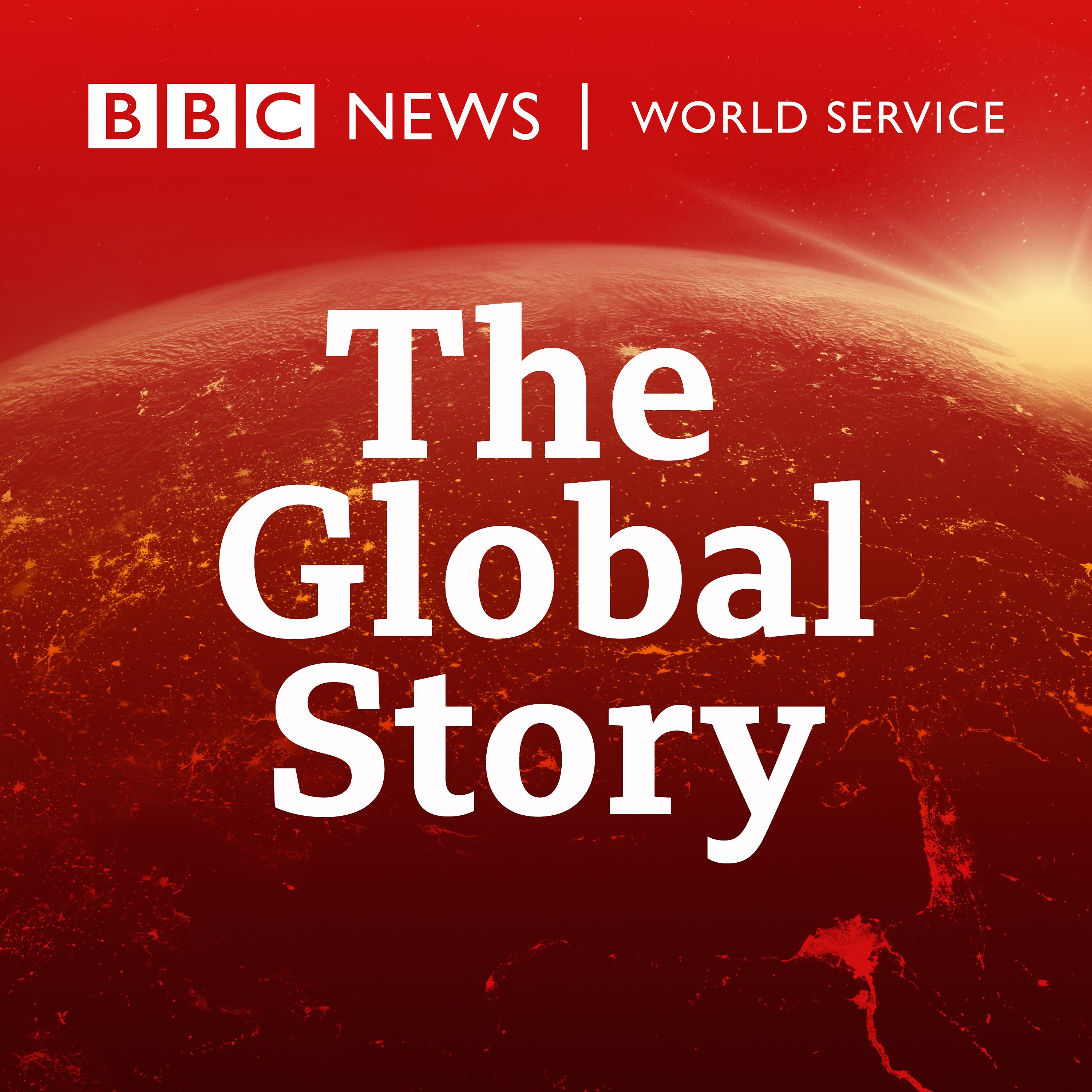
Deep Dive
Why might 2025 be a critical year for the new US President to deliver on campaign promises?
2025 will be crucial as the new US President, Donald Trump, will need to follow through on his campaign promises, including overhauling government, restricting immigration, addressing trade deficits, and ending wars. Trump's appointees, such as Stephen Miller for immigration and Peter Navarro for tariffs, indicate a focus on these areas.
Why could the US approach to Ukraine change under President Trump in 2025?
President Trump is more focused on ending the war in Ukraine, even if it means less favorable terms for Ukraine. This contrasts with the Biden administration's policy of providing extensive military support. Trump's skepticism and the Republican Party's reduced enthusiasm for Ukraine could force Ukrainian leaders to seek the least bad terms to end the conflict.
Why might China be wary of another trade war with the US in 2025?
China is concerned about another trade war due to its already struggling economy, low house prices, and high unemployment among young people. While China remains bullish and has diversified its trade relationships, there is significant worry that tariffs could exacerbate these domestic issues.
Why might Europe face leadership challenges in 2025?
France and Germany, two of Europe's largest economies, are experiencing political turmoil with hung parliaments and unstable governments. This inward focus on domestic problems could make the EU seem rudderless and weaken its ability to respond to global challenges, which could be further exacerbated by Donald Trump's re-entry to the White House.
Why might Donald Trump's return to the White House embolden Israel in 2025?
Israel's government, particularly Prime Minister Benjamin Netanyahu, is delighted with Trump's re-election. Trump's first term brought many of Israel's longstanding demands to fruition, like moving the US embassy to Jerusalem and normalizing relations with Arab states. Trump's presence could encourage Israel to pursue more aggressive policies, including continued settlement building in the West Bank and the occupied Golan Heights.
Why is 2025 considered a pivotal year in the fight against climate change?
2025 is crucial as the UN's Intergovernmental Panel on Climate Change (IPCC) states that greenhouse gas emissions must peak by then to keep global temperature rises within the 1.5 to 2 degree limits specified in the Paris Agreement. The year also includes key events such as the UN Initiative Climate Promise, the Global Climate Summit in Oxford, and COP30 in Brazil, which will set new carbon emission targets.
Why could the humanitarian crisis in Sudan continue into 2025?
Sudan's civil war has displaced 11 million people, creating a dire humanitarian crisis. Despite some recent openings for humanitarian aid, the conflict and its attendant problems are expected to persist. Peace talks and a broader political resolution are still needed to end the suffering and instability.
Why might the new drug for HIV and AIDS be a game changer for sub-Saharan Africa?
The new drug, linacapavir, which requires only two injections per year instead of daily tablets, could significantly improve HIV treatment and prevention in sub-Saharan Africa. Compliance is often a challenge with daily medications, so this new approach could lead to better health outcomes and reduce the spread of HIV. However, the drug's high cost, currently $40,000 per person per year, remains a barrier.
Why might the Middle East see continued military actions in 2025?
Israel has made it clear that it will act in its own self-interest, continuing military operations in Lebanon, Gaza, and Syria if it feels threatened. The fall of the Assad dynasty in Syria and the potential for further regional instability mean that countries like Egypt, Saudi Arabia, and Qatar will likely continue to play key mediating roles, balancing their own interests with pressure from the US.
- Trump's focus on restricting immigration and using tariffs to benefit the US economy.
- Key appointments to his cabinet reveal his priorities.
- His second term may see a more effective implementation of his agenda compared to his first term.
Shownotes Transcript
BBC correspondents forecast the leading news stories for the year ahead. If 2024 was the year of elections - around half the world’s population went to the polls this year alone - then 2025 will be the year the election winners try and deliver on their promises. Among them, incoming US president Donald Trump — who has criticised the status quo domestically, and abroad.
The world will also enter 2025 with wars in the Middle East, Ukraine and Sudan showing no signs of ending - could there be any breakthroughs? And - in the fight against climate change - is 2025 the year greenhouse gas emissions peak?
On this episode Azadeh Moshiri asks the BBC’s top correspondents for their predictions on what they think will happen in the next 12 months.
The Global Story brings you trusted insights from BBC journalists worldwide. We want your ideas, stories and experiences to help us understand and tell #TheGlobalStory. Email us at [email protected] You can also message us or leave a voice note via WhatsApp on +44 330 123 9480.
Producer: Ben Carter
Sound engineers: Ben Andrews and James Beard
Assistant editors: Sergi Forcada Freixas and Richard Fenton-Smith